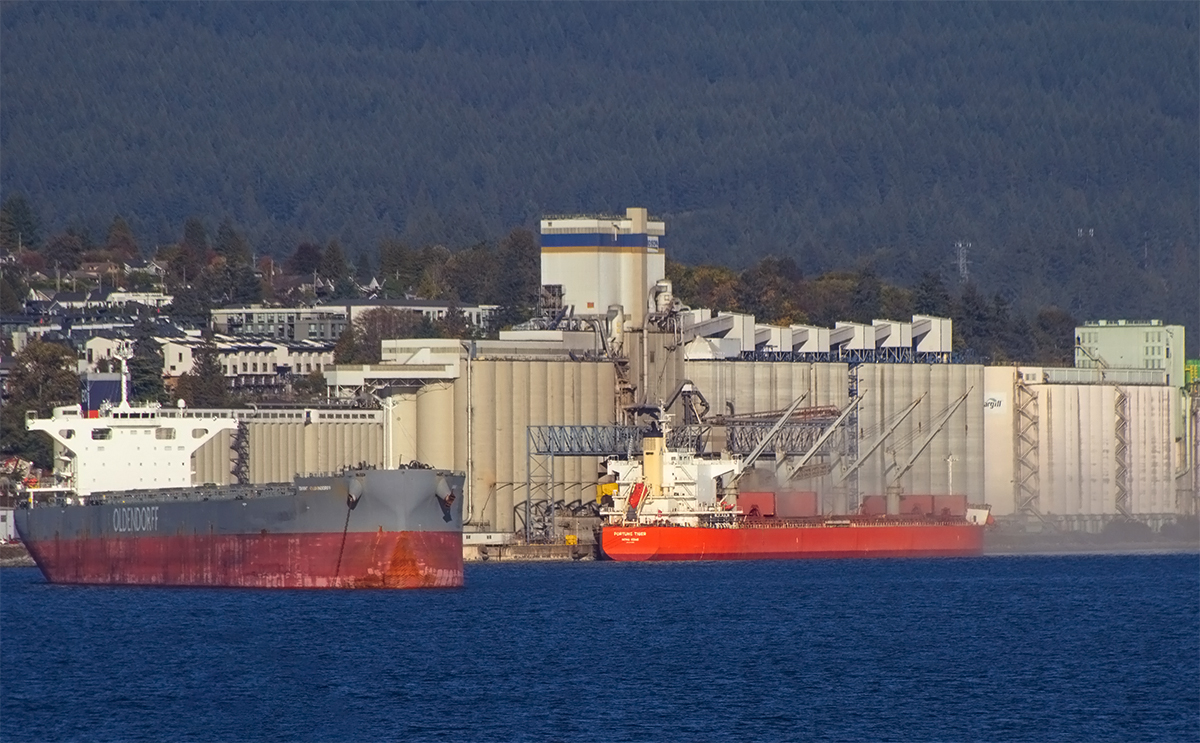Vancouver | Unceded territories of the xʷməθkʷəy̓əm (Musqueam), Sḵwx̱wú7mesh (Squamish) and səlilwətaɬ (Tsleil-Waututh) Nations | July 2, 2025 — As the first tanker of liquefied natural gas (LNG) departed from the LNG Canada terminal in Kitimat this week, physicians and health professionals are sounding the alarm about the significant health impacts this represents for communities across British Columbia and globally.
In response, Dr. Melissa Lem, family physician and President of the Canadian Association of Physicians for the Environment (CAPE), says:
“The departure of this first LNG tanker marks a troubling new chapter in British Columbia’s health story. While industry celebrates, healthcare professionals are bracing for the consequences of expanded fracking operations. Fracking and LNG production accelerate climate change and release harmful pollutants—including benzene, toluene, formaldehyde, and particulate matter linked with asthma, heart disease, birth defects, and childhood leukemia.
“Communities near fracking operations in northeastern BC are already experiencing these impacts, with higher rates of adverse pregnancy outcomes and respiratory diseases. Indigenous communities are disproportionately affected, with studies showing elevated levels of fracking-related chemicals in household air, water, and the bodies of pregnant women compared to unexposed populations. Healthcare professionals are moving away from these communities with their families because of their lived experience with the local health impacts of fracking, exacerbating issues with access to care. This represents a serious environmental justice issue that demands immediate attention.
“British Columbians are paying the cost for this industry twice – once with their health as pollution triggers asthma and heart disease, and again with their wallets as our healthcare system strains under these preventable illnesses. The departure of this first LNG tanker should be seen not as a celebration of progress, but as a warning of the health crisis we are creating for ourselves and future generations.”
Dr. Bethany Ricker, a Nanaimo-based family doctor and representative of CAPE BC, adds:
“We’re already seeing the health consequences of climate change in BC through more frequent and intense wildfires, heat domes, and flooding. The 2021 heat dome alone killed over 600 people in BC and injured thousands more, while wildfire smoke causes hundreds of millions in healthcare costs annually. By expanding LNG production, we’re locking in decades of these climate-related health emergencies.
“What’s particularly concerning is that this is happening at a time when physician shortages are already affecting communities across BC. We know that at least seven doctors have closed their practices and left Dawson Creek, citing the health and community impacts of the LNG industry as one of their primary reasons for leaving. This represents nearly half of the physician workforce in a region that desperately needs healthcare providers.”
Additional background:
The $48.3-billion LNG Canada project, majority-owned by foreign corporations including Shell, Petronas, PetroChina, Mitsubishi, and Kogas, is expected to increase BC’s emissions by approximately 4 million tonnes of CO2 per year. When the exported gas is burned abroad, it will result in an additional 36 million tonnes of CO2 annually, further accelerating climate change and its associated health impacts.
CAPE is calling on the BC government to:
Enact a moratorium on all new hydraulic fracturing development until a comprehensive and independent health impact assessment is completed
Strengthen regulations and monitoring protocols to reduce air and water pollution from current operations
End natural gas tie-ins to all new buildings by the end of 2025
Redirect fossil fuel subsidies to support healthcare systems strained by climate impacts
Implement a framework for healthcare system resilience in BC that strengthens climate disaster planning and preparedness
– 30 –
Media contact:
Reykia Fick
Communications Director | CAPE
647-762-9168
media@cape.ca
